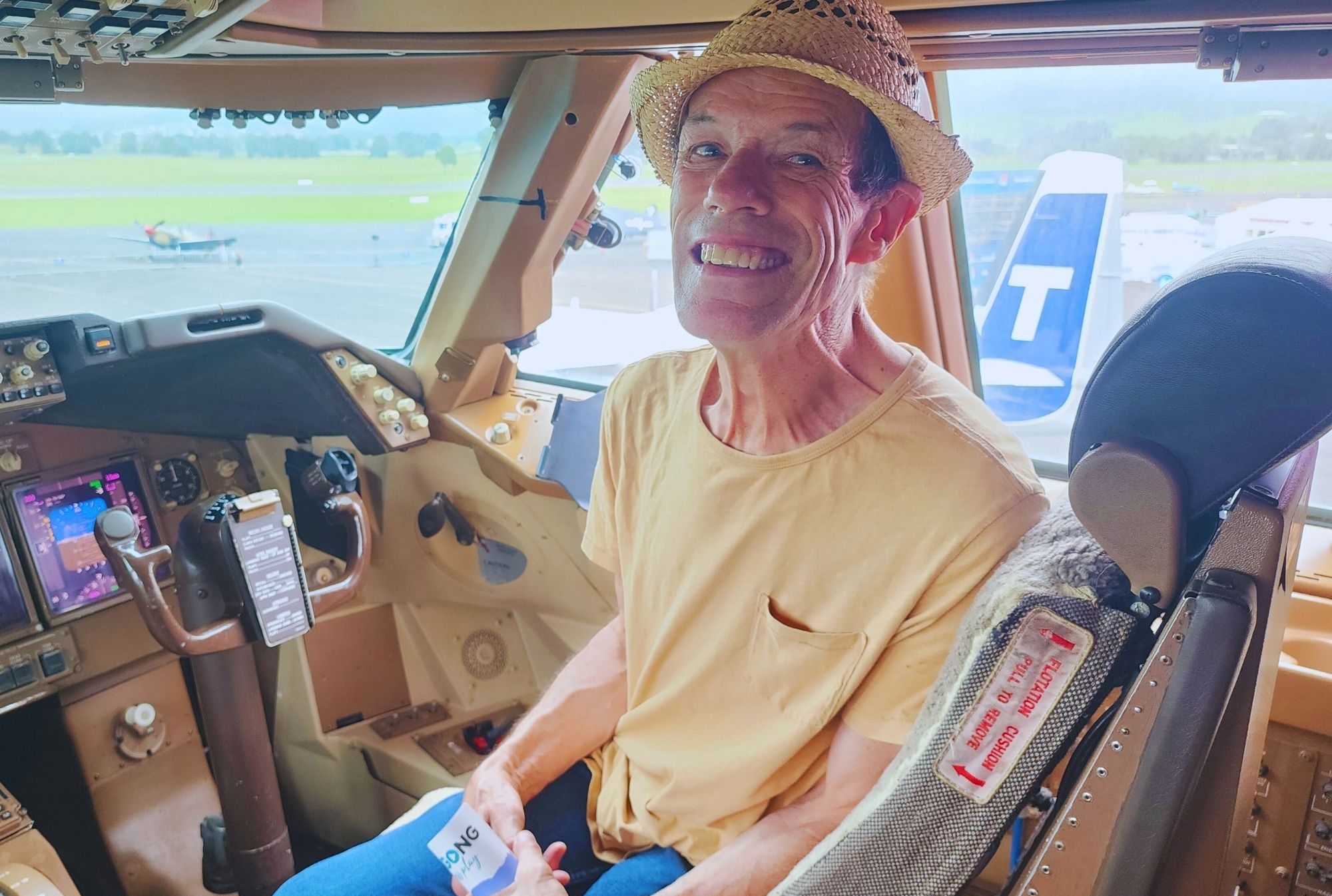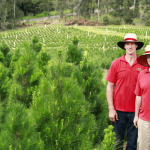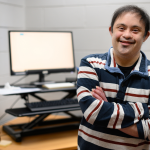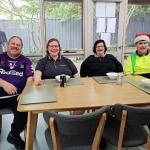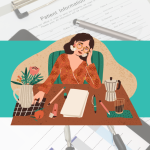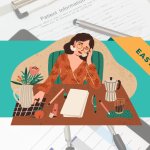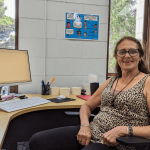
ADRIAN’S SUPPORTED HOLIDAY WITH CLUBMATES
3 April 2024
- Accessibility
- Awards & Achievements
- NDIS
- OC Co Achieve
- OCC Enterprises
- OCC News
- OCC Stories
- Partnership
Adrian, a Supported Employee at OC Connections Enterprises, has recently achieved his long-term goal! With the encouragement of his sister, Support Coordinator, and carers in his Specialist Disability Accommodation, Adrian booked an amazing trip to Illawarra. The holiday program, facilitated by Clubmates, included an incredible opportunity to ride in a helicopter and visit the largest […]
Continue Reading